JEDDAH: The Ancient Kingdoms Festival has returned to AlUla in celebration of the region’s history and heritage.
Organized by AlUla Moments, the two-week festival is being held until Dec. 2 and offers a series of exciting experiences that transport visitors to the heart of AlUla's captivating past.
The festival’s program includes cultural celebrations, evening tours, historic culinary experiences, and trips to archaeological and historical sites.

The Ancient Kingdoms Festival in AlUla was organized by AlUla Moments and is being held until Dec. 2. Below: Festival activities include a three-part experience at Jabal Ikmah that includes a workshop and light projection show. (Supplied)
This year’s festivities mark the 15th anniversary of Hegra’s designation as a UNESCO World Heritage Site. The Nabataean city sprawls over 52 hectares, standing as a testament to Saudi Arabia’s rich history. Initially untouched for over 2,000 years, the city has revealed its treasures, allowing archaeologists and experts to delve into its ancient mysteries.
Ibn Battuta, the legendary Arab explorer, visited Hegra in the 14th century, noting in his memoirs that its tombs were also passed by travelers, traders, and pilgrims en route to Makkah over the centuries.
HIGHLIGHTS
• The two-week Ancient Kingdoms Festival in AlUla celebrates local history and heritage.
• This year’s festival marks the 15th anniversary of Hegra’s designation as a UNESCO World Heritage Site.
• The ‘Life in Al-Hijr Exhibition’ showcases 15 archaeological discoveries in the region.
• For more details about tours and cultural activities, visit experiencealula.com.
Another famous explorer who made the journey was Charles Montagu Doughty. Regarded to this day as one of the greatest of all Western travelers in Arabia, Doughty’s visit to Hegra was referenced in his 1888 book “Travels in Arabia Deserta.”
However, Hegra is now open to the world as one of Saudi Arabia’s iconic landmarks, welcoming tourists from all walks of life as they explore a distinctive, untouched part of the Kingdom.
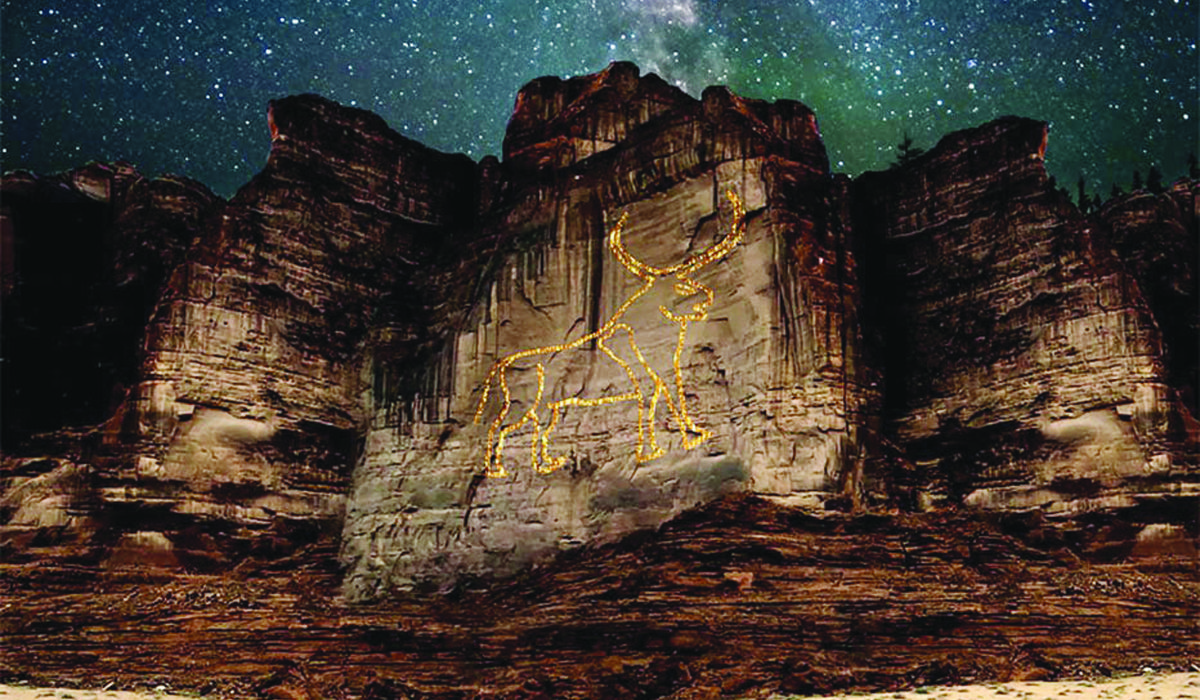
The Ancient Kingdoms Festival in AlUla was organized by AlUla Moments and is being held until Dec. 2. Below: Festival activities include a three-part experience at Jabal Ikmah that includes a workshop and light projection show. (Supplied)
“The stories and secrets within Hegra have withstood … time and as we uncover them in the present, they only enforce that the city remains as significant as ever,” Phillip Jones, chief tourism officer at the Royal Commission for AlUla, told Arab News.
“Modern-day Saudi Arabia and its people are just as pioneering, innovative, and transactional with communities in near and distant lands as the ancient Nabataean and Roman civilizations that inhabited Hegra, whose legacies endure through our culture and heritage. This year’s Ancient Kingdoms Festival casts a unique spotlight on this legacy through a series of world-class activations,” Jones explained.
Its legacy interweaves the stories of the Nabataeans with those of the Dadanites and Lihyanites, all of whom left indelible marks within this historic locale — marks illustrating timeless cultural exchanges in architecture, decoration, language use, and the caravan trade.
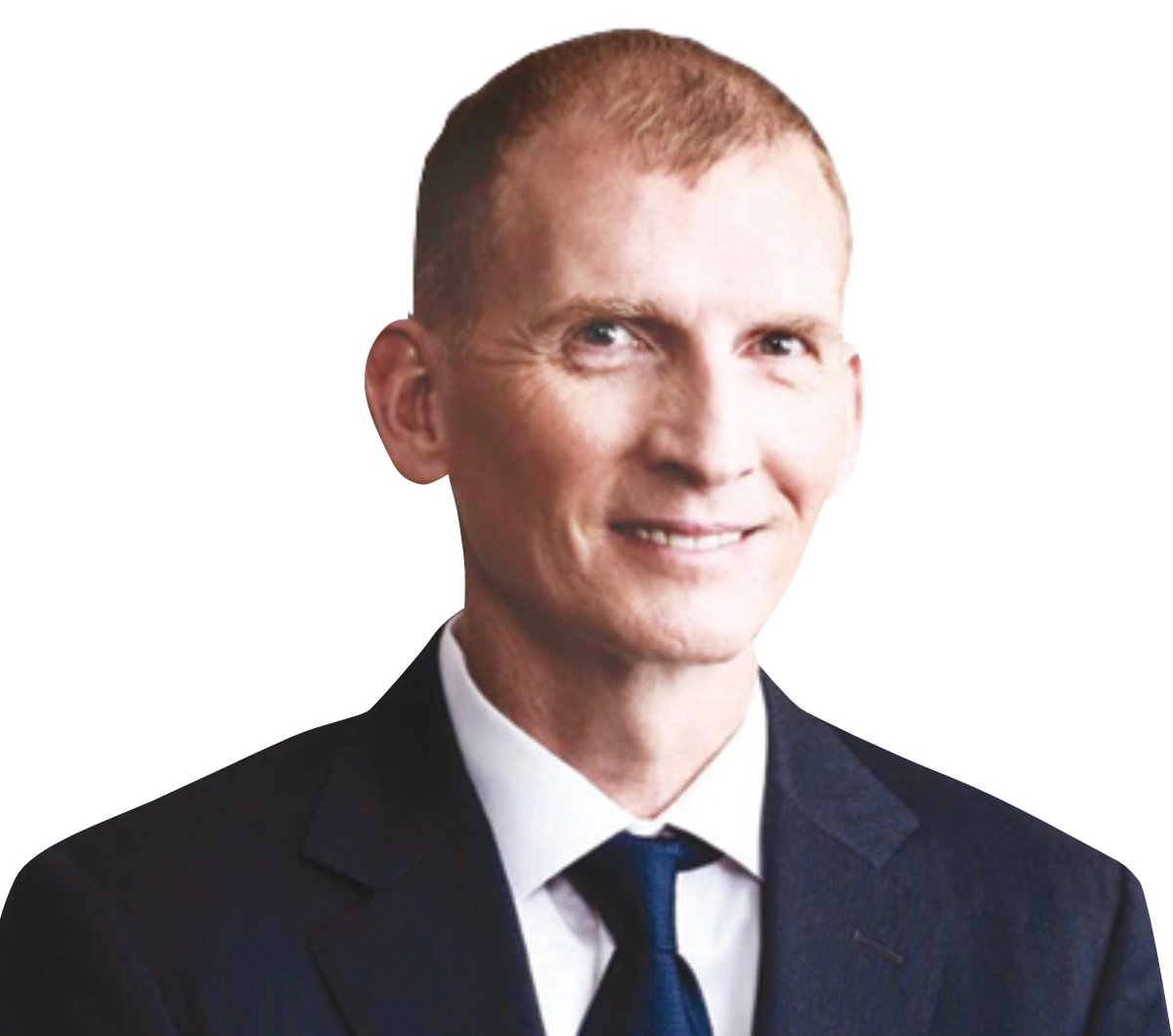
Phillip Jones, Royal Commission for AlUla chief tourism officer
Visitors to the festival can uncover Hegra’s secrets through new and exciting points of access, allowing them to witness history through innovative, thoughtfully designed experiences.
“Hegra After Dark” is a history-inspired immersive experience in the shadow of some of the most spectacular tombs located at the UNESCO World Heritage Site. Visitors start their journey on a Nabataean-inspired horse-drawn carriage to discover the “Secret Garden of Khuraymat,” a curatorially imagined sensorium where they can explore the history and culture of incense use across the ancient world. Meanwhile, “Theatre of Life” is an experience blending historic storytelling with entertainment.
The stories and secrets within Hegra have withstood ... time and as we uncover them in the present, they only enforce that the city remains as significant as ever.
Phillip Jones, Royal Commission for AlUla chief tourism officer
Jones added: “These activations promise to take visitors on the journey through time and present Hegra to the world in a way that hasn’t been experienced before.”
The “Evening of Stone” is inspired by the province’s history and takes visitors on a journey to its most important graveyards. It also features the “Life in Al-Hijr Exhibition” showcasing 15 archaeological discoveries in the region, in addition to the wildlife and nature life in the area.
During the opening weekend, the festival kicked off on Nov. 16 with the “Journey Through Time Parade,” illuminating the stories, legends, and legacies of the ancient incense road and the life and memories of AlUla.
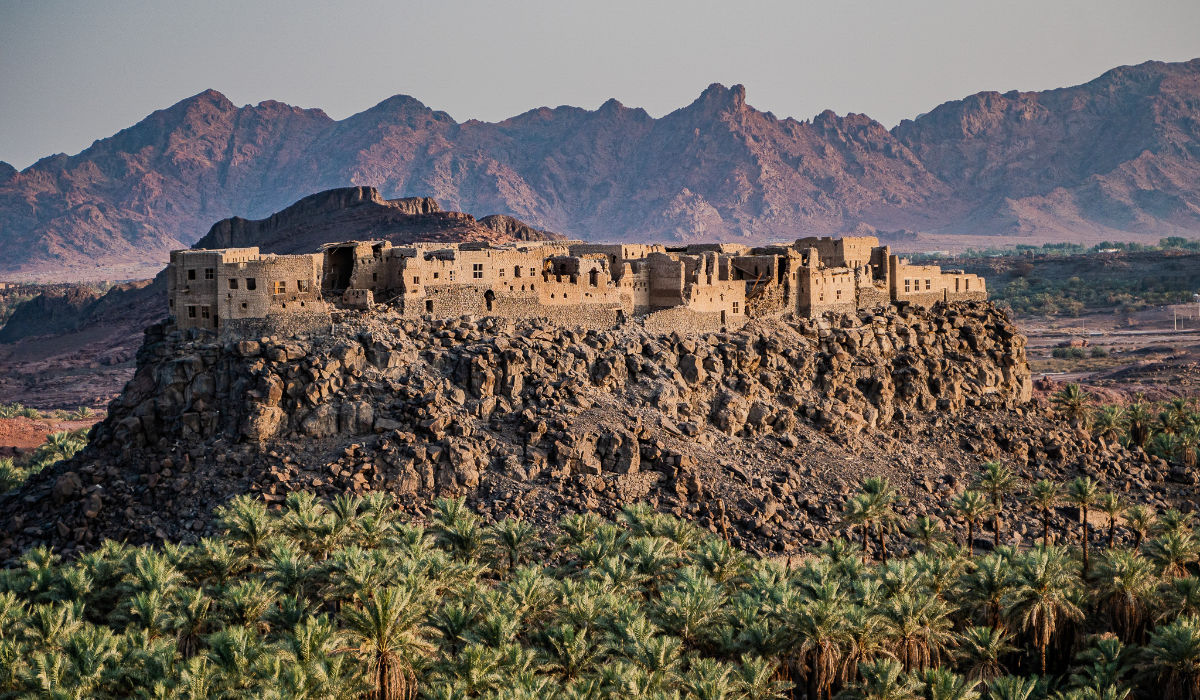
Khaybar is where geological wonders and natural treasures take center stage. (Supplied)
Another experience is “Ikmah After Dark,”celebrating Jabal Ikmah’s recent recognition on the UNESCO Memory of the World Register, where visitors encounter the spirit of this ancient place in an experience that blends Arabian hospitality and refreshments, hands-on carving activities, and a spectacular show — all inspired by the inscriptions left behind by historic civilizations.
Other activations launched are the “King Nabonidus Parade,” where visitors can celebrate all things Tayma in a dramatic show starring the last king of the Neo-Babylonian Empire.
Visitors will witness the intertwining of the past with the present while exploring the legendary landscapes and the linking of AlUla, Khaybar, and Tayma — three interconnected ancient oases of Northwest Arabia.
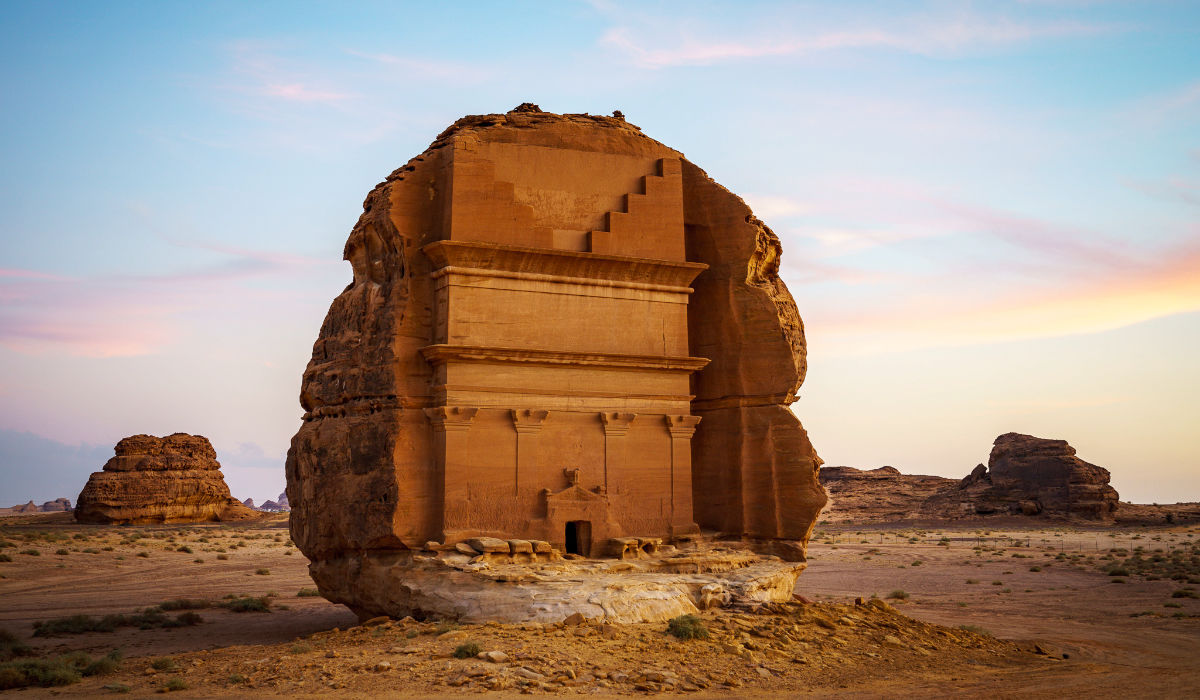
AlUla's second Ancient Kingdoms Festival celebrates the 15th anniversary of Hegra heritage site. (Supplied)
Khaybar is where geological wonders and natural treasures take center-stage. Engaging activations like “Khaybar Camp” invite visitors to explore traditional food, handicrafts, and family-oriented heritage performances. The “Oasis Soundscape” celebration combines music, nature, and landscape in a unique setting, while Takya Restaurant offers an opportunity to savor traditional Saudi Arabian dishes with scenic views of Khaybar forts and oasis.
Tayma, another significant locale, invites visitors to delve into history-inspired experiences, unveiling the richness and complexity of the kings, queens, and ancient communities that once flourished in the region.
Among these experiences, “Tayma Camp” provides a delightful blend of food, authentic handicrafts, cultural performances, camel riding, and falconry, whereas “Tayma Live” presents an enthralling re-enactment show, narrating the story of the “Land of the Kings” through music and performing arts.
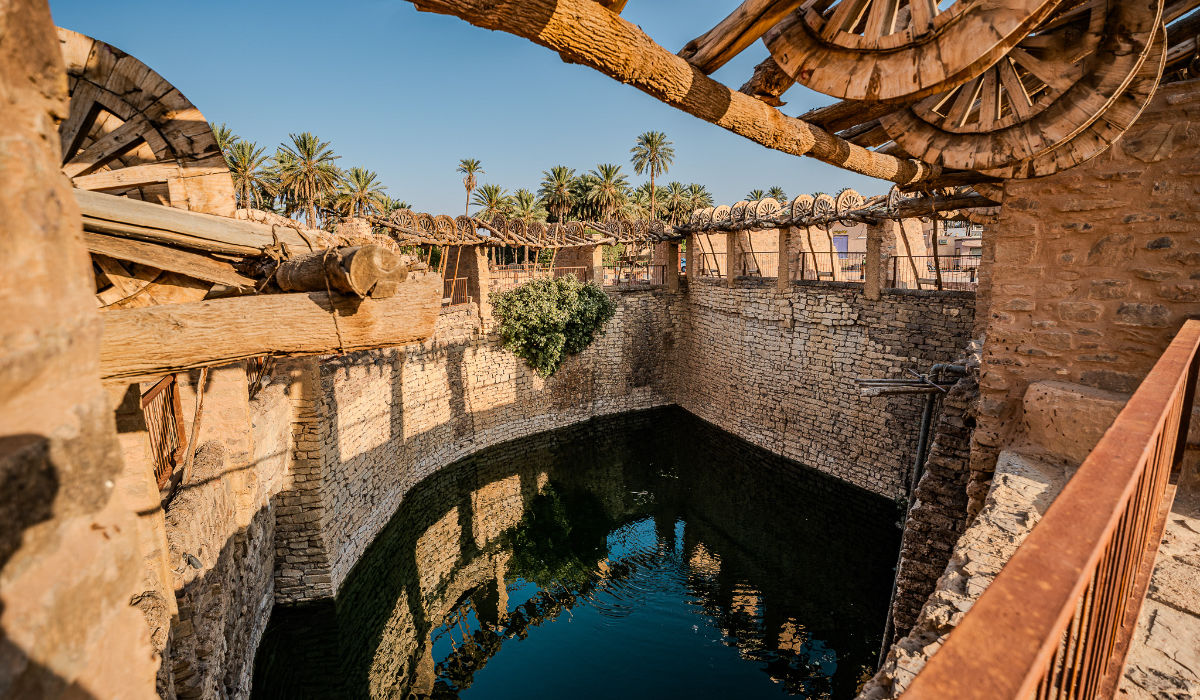
AlUla is a place of extraordinary human and natural heritage Bir Hadaj. (Supplied)
The Ancient Kingdoms Festival introduces several new Oases Discovery activations. The “Memory Sanctuary,” crafted in collaboration with AlUla’s residents, pays homage to the oasis through a multisensory experience. Guests can create nostalgic desserts, enjoy liquid nitrogen slushies, and savor 3D-printed wafers in an experiential dessert laboratory.
Furthermore, two extraordinary picnic experiences, “Ancestral Hampers” and “Life and Memory Chest,” draw inspiration from memories of the harvest season in the Oasis. Visitors can opt for the portable, family-friendly picnic hampers to enjoy under the shade of trees or indulge in an elevated gastronomic feast served in a premium, cozy spot.
A series of cultural and artistic workshops will be held under the theme “Programs for Future Ancients.” Designed for young minds and their families, these activities were created through extensive consultation with archaeologists by the Academy of Ancient Inscriptions.
For more information, visit experiencealula.com.














